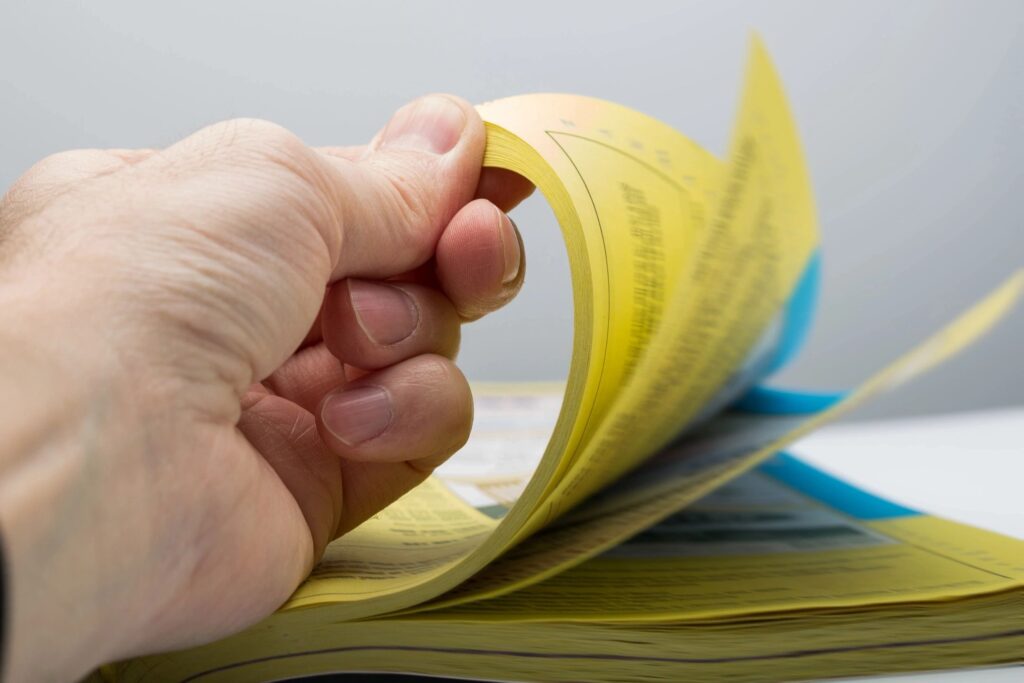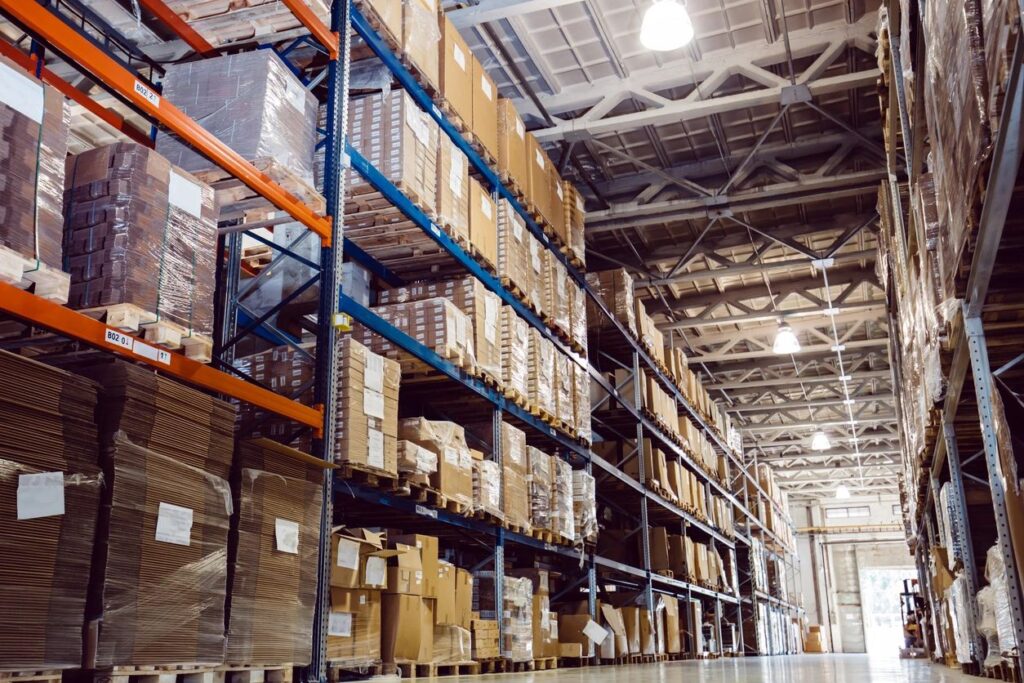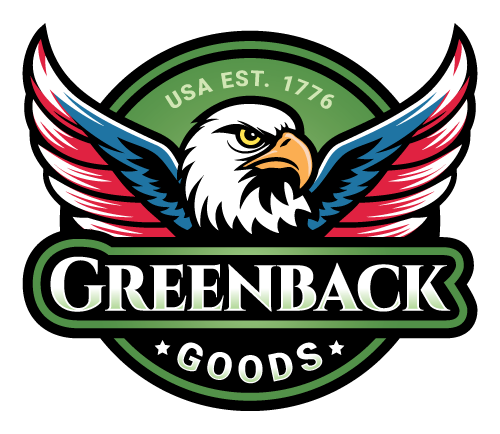Greenback Goods is a grassroots initiative that was created to encourage citizens of the United States to buy goods and services which have been created, manufactured, and assembled on US soil whenever possible.
There are three main goals that drive us.



Reduce your environmental impact
Shipping endless containers of goods around the world creates 1 billion metric tons of carbon dioxide into the air each year, and accounts for about three percent of all greenhouse gas emissions[1]. The shipping industry has a goal of 2050 to reach total decarbonization, but that’s a long ways away yet. Consumers can speed up that process by buying goods which are geographically nearer to them.
You can take it a step further by shopping in your city, county, state, or neighboring states first. The number of trucks on the road in the United States has exploded at increase of more than 185% from 1970 to 2020[4].
Stimulate and invest in your local economy
Having a global economy can help developing countries. However, globalization contributes to human loss in a crisis[2]. If a developing country relies on producing one to a handful of things, they’ll suffer more during times when goods they don’t produce can’t be imported.
Shopping local creates and saves local jobs. How many people do you know who have been laid off because the factory they worked for moved their production out of the country?
Furthermore, local businesses invest in their local communities. Take a look at the sponsors on the area youth sport teams’ t-shirts and jerseys. Likely, they are your local “ma and pa” businesses. Consumers vote with their dollars. What do you want your “greenbacks” to support?
Ensure the United States can be self-sustaining in a crisis
The COVID-19 pandemic revealed just how much we in the United States are dependent on other countries for products we use on a daily basis. China is one of the leading manufacturers of respirators and surgical masks, and they made half the world’s masks before COVID-19 began[3]. In April of 2020, they were hoarding them for their own citizens[3]. Not that we would never do the same, but it revealed the first of many weak points in our ability to remain self-sufficient in a crisis.
Sources
- https://www.npr.org/2021/12/01/1060382176/shipping-industry-is-pressured-to-cut-pollution-caused-by-merchant-fleet#:~:text=Every%20year%2C%20those%20container%20ships,of%20the%20cost%20of%20globalization.
- https://www.brookings.edu/research/the-human-costs-of-the-pandemic-is-it-time-to-prioritize-well-being/
- https://www.nytimes.com/2020/03/13/business/masks-china-coronavirus.html
- https://www.bts.gov/content/truck-profile
